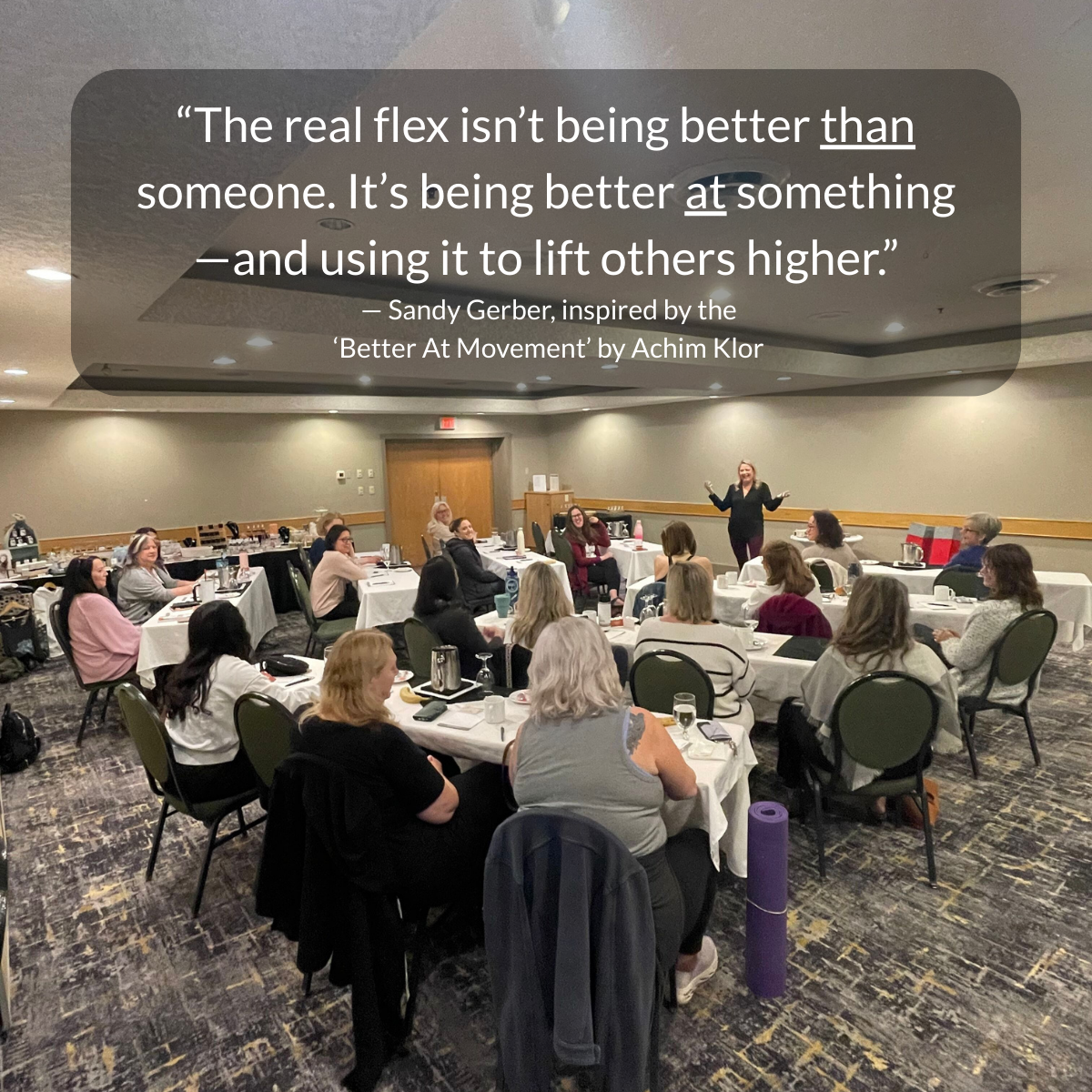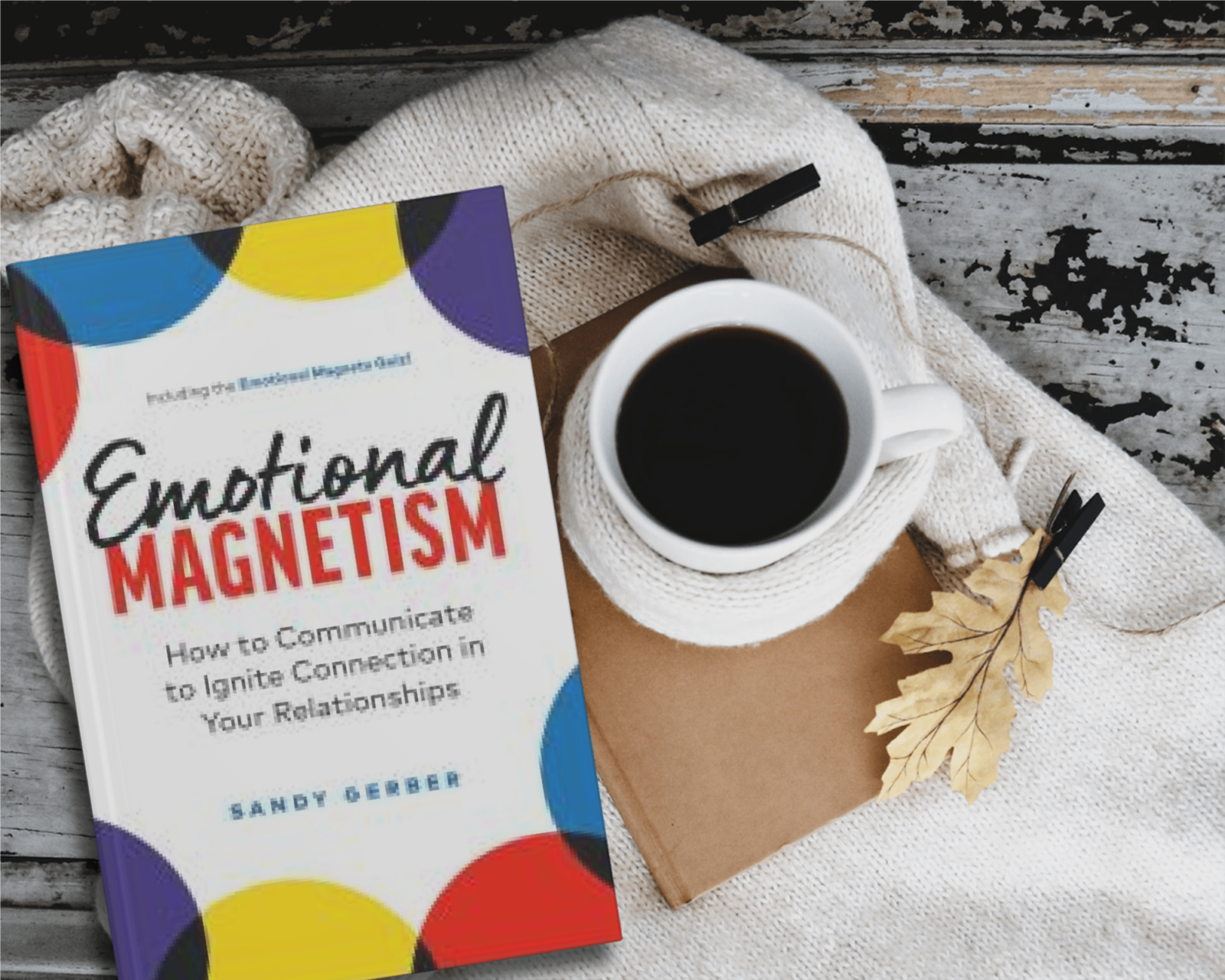Communication is more than just exchanging words; it’s about connecting emotionally and understanding each other. But what happens when this connection is hindered? We’re talking about communication blockers—those subconscious habits that can obstruct meaningful interactions and, by extension, your communication and connection effectiveness.
In this blog post, we’ll explore the concept of communication blockers, particularly focusing on a couple of “Solo Blockers.” These are the barriers that arise when individuals focus too much on their own role or concerns during conversations, rather than truly engaging with others.
The Importance of Identifying Communication Blockers
Communication blockers are internal dialogues that disrupt our ability to listen, understand, and respond appropriately. There are 16 different types of communication blockers that many of us use without even realizing it. Recognizing these blockers can lead to significant self-improvement and enhance your communication skills.
Solo Blockers
The first category we’ll discuss are “Solo Blockers.” These are personal barriers that arise from concerns about how others perceive us or what we hope to gain from the interaction.
Personal Experience Story
Early in my career, I was part of a marketing team presenting a strategic plan to a board of directors. Despite our thorough preparation, the CFO interrupted with a barrage of “what if” scenarios, derailing our presentation. Unbeknownst to us, his aggressive approach was a result of personal stressors. This experience taught me that people’s external behaviors often mask internal struggles, and recognizing this can prevent miscommunication.
Understanding the ‘Identifying’ Communication Blocker
Identifying is a common communication blocker where an individual relates everything back to their own experiences instead of focusing on the speaker’s message. This can make interactions feel one-sided and leave the other person feeling unheard.
Example Story
I once eagerly met a friend for dinner, needing support during a difficult time. However, as I began to share my story, she quickly turned the conversation to her own experiences. While her intentions weren’t malicious, the conversation became less about me and more about her stories.
How to Overcome Identifying
- Stay Present: Focus on the speaker’s words without rushing to relate them to your own experiences.
- Listen Actively: Encourage the speaker by asking questions and showing genuine interest.
- Hold Your Story: If you have a related story, wait until the speaker has finished before sharing.
‘Moralizing and Judging’ Communication Blockers
Another prevalent solo blocker is moralizing and judging. This occurs when one becomes preoccupied with assessing the moral implications of what is being said, rather than understanding the full context.
Example Insight
Imagine reacting judgmentally upon hearing someone stole a loaf of bread. Before jumping to conclusions, consider the broader circumstances that might have led to their decision. Preconceived notions can cloud judgment and shut down meaningful dialogue.
Breaking Through Moralizing and Judging
- Empathy First: Try to understand the other person’s situation before arriving at conclusions.
- Suspend Judgment: Delay forming opinions until you have all the information.
- Seek Clarity: Ask probing questions to better understand the context and emotions involved.
Becoming Aware of Your Communication Blockers
Recognizing and understanding your communication blockers is the first step toward improvement. Often, we are unaware of these behaviors because they form part of our subconscious habits. By becoming aware of these blockers, you can begin to notice when they arise in conversations and take steps to address them.
Steps to Awareness and Improvement
- Self-Reflection: Regularly reflect on your interactions to identify patterns of behavior.
- Seek Feedback: Ask colleagues or friends for constructive feedback on your communication style.
- Mindfulness: Practice mindfulness to stay present and aware during conversations.
By understanding and overcoming these communication blockers, you can enhance your communication skills, improve your leadership effectiveness, and foster better relationships both personally and professionally.
In your leadership role or relationships, being an effective communicator can transform your dynamics and drive success. If you’re ready to take your communication skills to the next level, consider joining our community of leaders dedicated to mastering the art of effective communication. Together, we can break down barriers and build stronger connections.




Your blog is a treasure trove of knowledge! I’m constantly amazed by the depth of your insights and the clarity of your writing. Keep up the phenomenal work!
Thank you for sharing this insightful article! I found the information really useful and thought-provoking. Your writing style is engaging, and it made the topic much easier to understand. Looking forward to reading more of your posts!